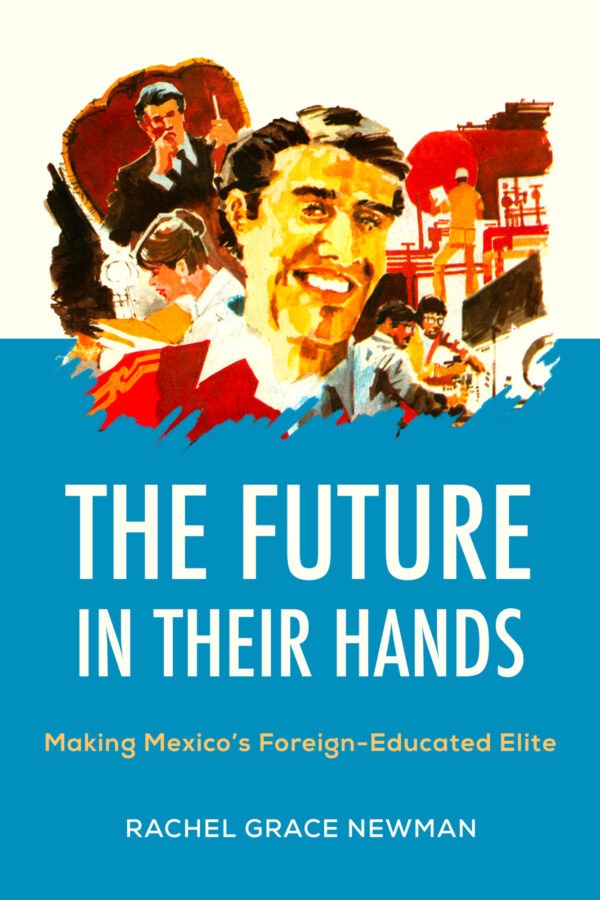About the Book
A free ebook version of this title is available through Luminos, University of California Press’s Open Access publishing program. Visit www.luminosoa.org to learn more.
The Future in Their Hands is a deep history of the politics of foreign education in Mexico, where many influential figures have degrees from European or US institutions. Reconstructing the history of student mobility from the late nineteenth to the late twentieth century, Rachel Grace Newman unveils the social hierarchies, political languages, and institutional mechanisms that created Mexico’s foreign-educated elite. Study abroad began as a private phenomenon for young elites to acquire specific forms of knowledge and to preserve their status. But after the 1910 revolution, elites gradually convinced the Mexican state, under the guise of modernizing the nation, to underwrite their ambitions with merit-based scholarships. Student mobility naturalized the expectation that Mexico’s sovereignty and development required knowledge from elsehwere. For historians of Mexico and other countries with foreign-educated elites, this book reveals the subtle, insidious processes by which states reinforce privilege through education policy.
